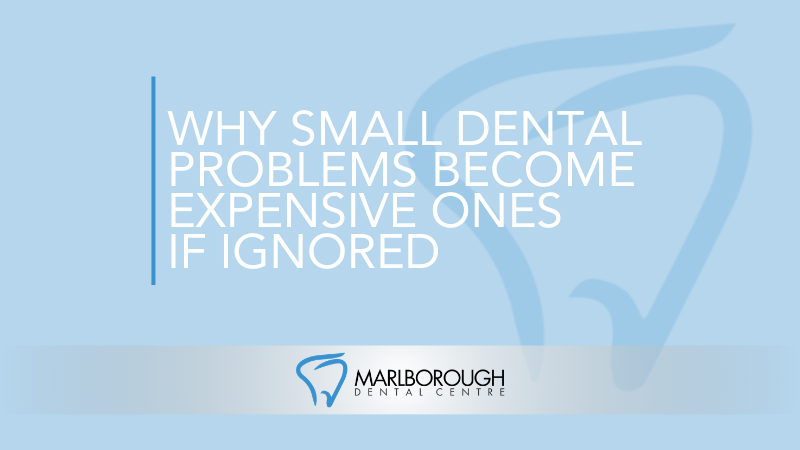What Is A Root Canal?
A root canal is a dental procedure performed to address issues within the pulp of a tooth. The pulp, located in the center of the tooth, consists of nerves, blood vessels, and connective tissue. When the pulp becomes infected or damaged due to decay, cracks, or trauma, a root canal is necessary to save the tooth from extraction.
Contrary to popular belief, a root canal is not a painful procedure but is actually performed to relieve pain caused by infection or inflammation. With advancements in dental techniques and sedation dentistry, the process is now relatively comfortable and efficient. Local anesthesia and/or sedation is administered to numb the area, ensuring that the patient feels little to no pain during the procedure.
What Is The Root Canal Therapy Procedure?
The root canal procedure itself involves several steps. First, the dentist or endodontist (a specialist in root canal treatments) creates a small access hole in the affected tooth. Through this opening, the infected or damaged pulp is carefully removed. The canals within the tooth are then thoroughly cleaned, disinfected, and shaped to prepare them for filling.
Once the canals are clean and shaped, a biocompatible material called gutta-percha is used to fill the space previously occupied by the pulp. This helps to seal the canals and prevent reinfection. In some cases, a temporary filling is placed on top of the gutta-percha to protect the tooth until a permanent restoration, such as a crown, can be placed.
After the root canal therapy procedure, it is common for patients to experience some mild discomfort or sensitivity, which can be managed with over-the-counter pain medications. Following the completion of the treatment, a dental crown is often recommended to provide strength and protection to the restored tooth.
It is essential to debunk the myth that root canals lead to illness or systemic health problems. Extensive scientific research has consistently shown that there is no causal relationship between root canal therapy treatments and other diseases. On the contrary, root canals are vital in preserving natural teeth and preventing the spread of infection.
Safe And Comfortable Root Canal Therapy At Marlborough Dental
A root canal is a dental procedure designed to save a tooth that is severely damaged or infected. Contrary to popular belief, the procedure is not painful and is performed to relieve pain and restore oral health. By debunking the myths surrounding root canals and understanding their importance, we can approach these treatments with confidence and ensure the preservation of our natural teeth for years to come.
If you are seeking relief from tooth pain and you want to restore the function of your tooth, root canal therapy might be the right treatment for you. Marlborough Dental Centre can help. Our family dentistry clinic offers compassionate and effective root canal therapy to protect your tooth and help you smile again. To schedule an appointment, contact Marlborough Dental Centre in NE Calgary at 1-403-248-2066 or fill out the online contact form.
FAQ
Q: At what point does a cavity need a root canal?
A: Most cavities that are new can be easily fixed with fillings. However, if left untreated, a root canal may be needed if the cavity becomes too deep to be fixed with a filling and is starting to cause an infection or tooth decay.
Q: How painful is a root canal?
A: Modern dental technology has made root canal treatments straightforward and relatively painless. Most of the pain that patients associate with a root canal is not the pain caused by the treatment, but rather by the underlying dental issue.
Q: How effective are root canals?
A: Root canals are incredibly effective, with a success rate of around 95%. Although a root canal may fail, this is often due to specific circumstances and it can be corrected through other means.




